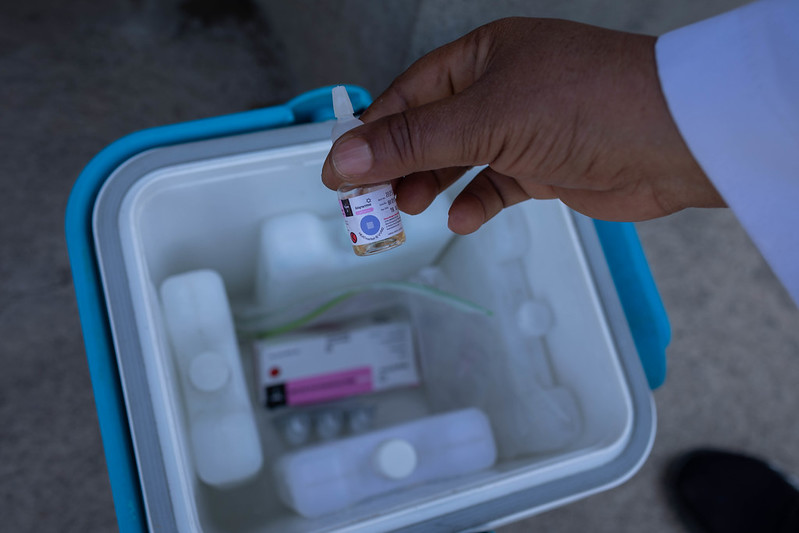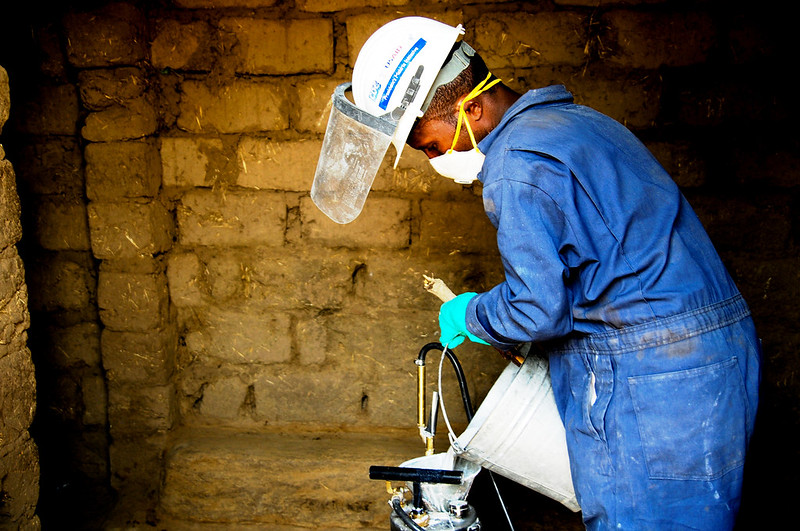A systematic review and meta-analysis of studies conducted in 29 African countries found a high burden of shigellosis and concerning levels of antibiotic resistance, researchers reported this week in BMC Infectious Diseases.
The review by researchers at the University of Ghana Medical School included 116 studies examining a total of 99,510 patient samples. The meta-analysis indicated that the overall pooled prevalence of Shigella bacteria across Africa was 5.9%, with regional prevalences of 6.9% in southern Africa, 6.7% in northern Africa, 6.2% in eastern Africa, 4.5% in central Africa, and 4.0% in western Africa. Shigella prevalence was found to be higher in children (6.6%) than in adults (3.6%).
The most prevalent species of Shigella was Shigella flexneri (53.6%), followed by Shigella sonnei (11.5%), Shigella dysenteriae (10.1%), and Shigella boydii (7.7%).
Resistance to ampicillin, trimethoprim-sulfamethoxazole, and chloramphenicol was high (77.8%, 65.1%, and 45.2%, respectively), while resistance to ceftriaxone (8.5%) and ciprofloxacin (10%) was low.
Conflicts could amplify spread of shigellosis
Shigellosis is a highly infectious gastrointestinal condition that causes an estimated 125 million cases of diarrhea and 160,00 deaths each year. It primarily spreads through the fecal-oral route, often because of inadequate sanitation and consumption of contaminated food or water.
"The estimated prevalence of 5.9% for Shigellosis in the African subregion is a cause for concern, as it indicates a significant risk of exposure to Shigella spp. among the population," the study authors wrote. "This high prevalence is particularly alarming considering the severe nature of the disease and its potential for rapid transmission."
The authors add the high prevalence in Africa is even more worrisome given the number of conflicts in the region, which could cause overcrowding in refugee camps and elevate the risk of Shigella transmission. Given the levels of antibiotic resistance, they call for exploration of alternative treatments for shigellosis, with a particular focus on vaccine development.
This high prevalence is particularly alarming considering the severe nature of the disease and its potential for rapid transmission.


















